Pumpkin Eater, The (1964)
“There’s life beyond birth.”
|
Synopsis: |
|
Genres, Themes, Actors, and Directors:
Review: Her decision to leave Johnson and marry Finch is never explained (is it love at first sight?), but the downward spiral that quickly ensues — as Finch’s career takes off and their marriage hits the rocks — makes it clear that her desire for an idyllic family existence will become more and more remote. While we can’t help wanting to understand more about Jo’s addiction to having children (which plays a pivotal role in the dissolution of her marriage to Finch), Bancroft’s performance is nonetheless impressive, and she deservedly earned an Oscar nomination for her work; she embodies her depressive London housewife so fully that it’s easy to forget she’s Brooklyn-born rather than British. Peter Finch as her philandering husband is appropriately duplicitous, while both James Mason and Maggie Smith are deliciously unforgettable in supporting roles. While it’s rarely enjoyable to watch chronic infidelity played out on-screen — and The Pumpkin Eater is no exception to this rule — the film remains must-see viewing simply for Bancroft’s memorable central performance. Note: Interestingly, while director Jack Clayton helmed several provocative films about the complex lives of children (The Innocents, Our Mother’s House), Bancroft’s kids aren’t given much of a role here; it’s all about the dysfunctional adults instead. Redeeming Qualities and Moments:
Must See? Categories
Links: |
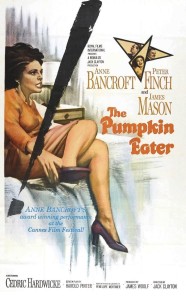
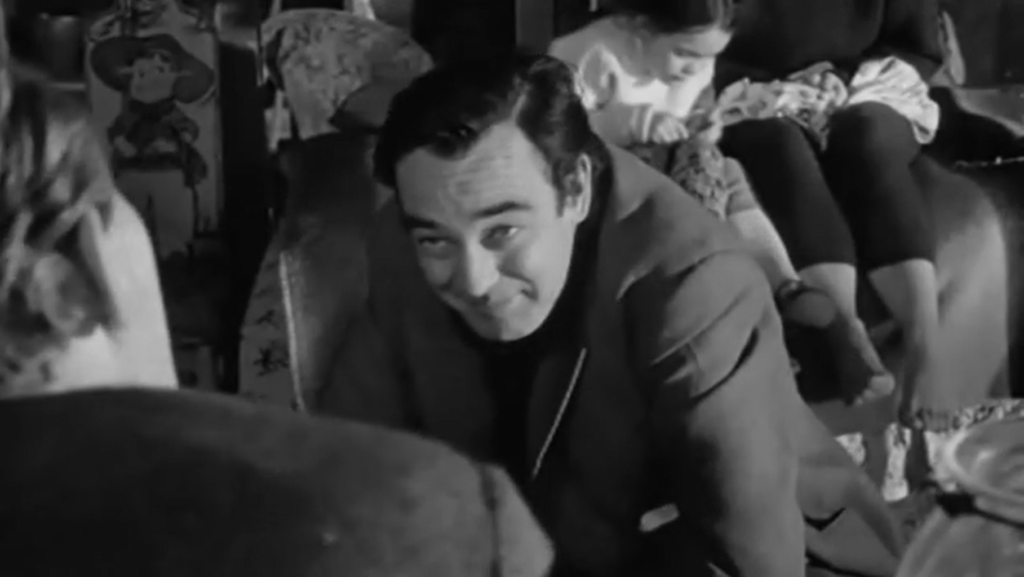
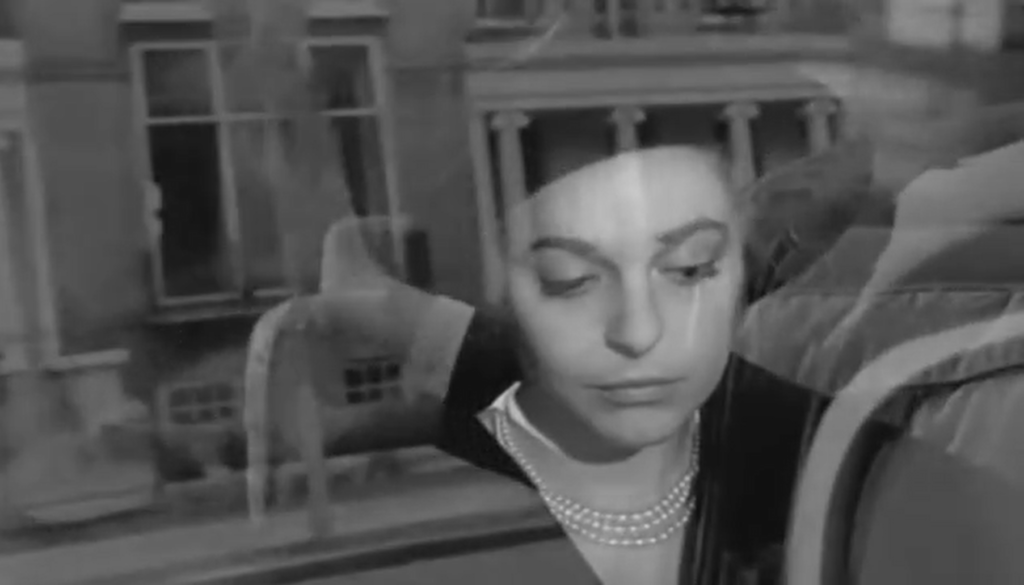
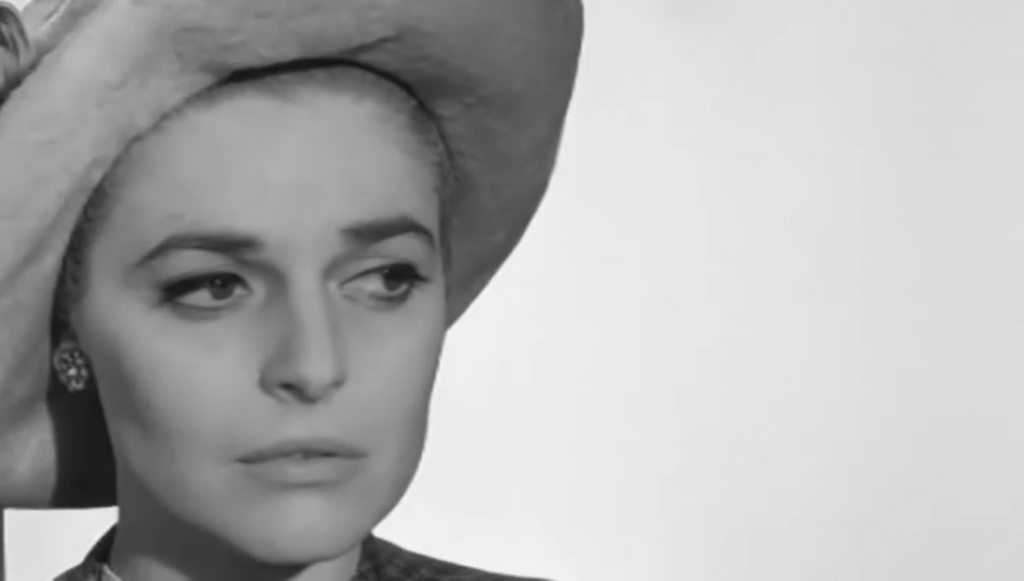
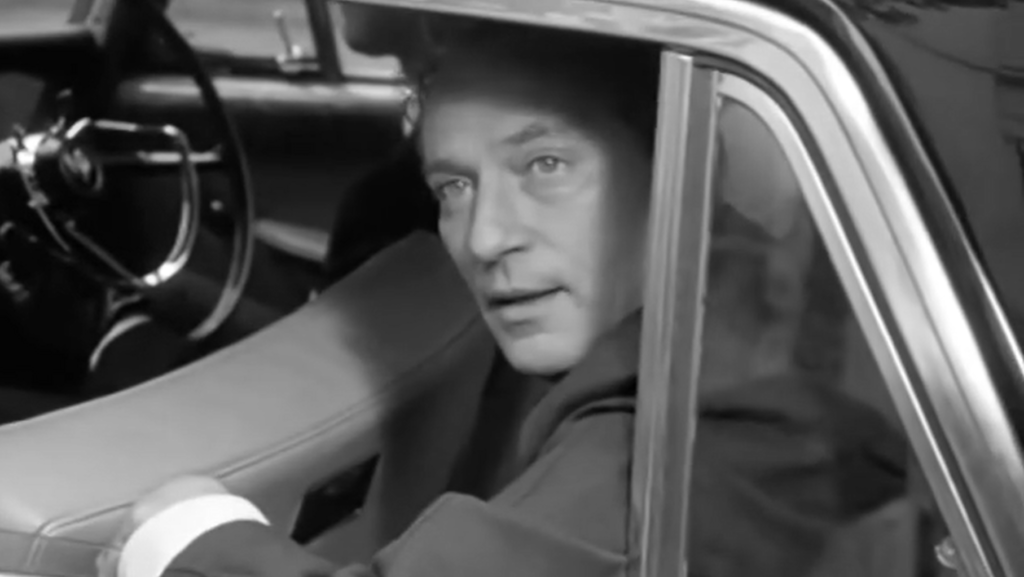
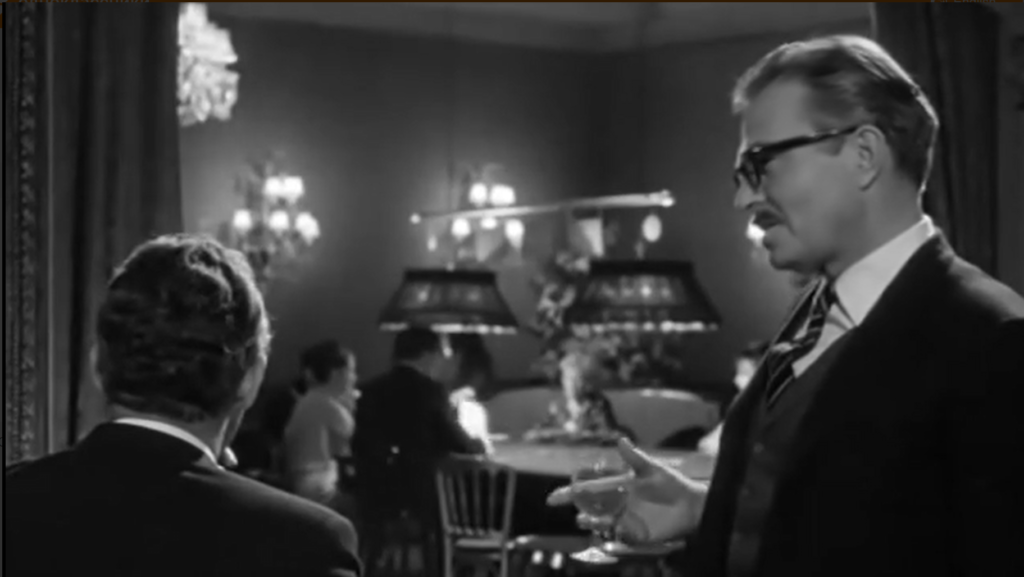
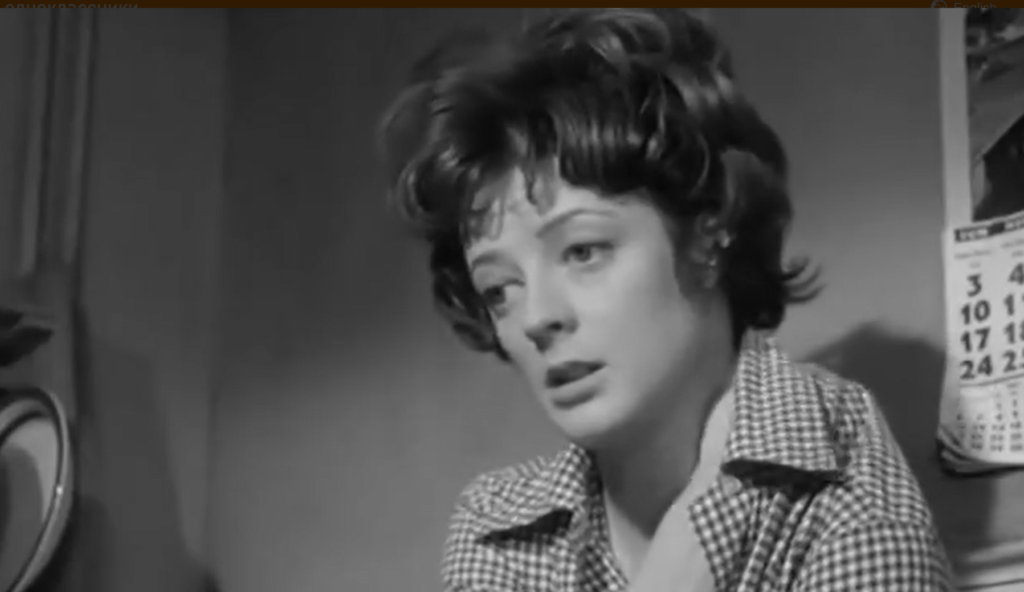
One thought on “Pumpkin Eater, The (1964)”
Not a must.
‘TPE’ begins wearing out its welcome soon after it starts. One might be hoodwinked into thinking it’s a character study. On the surface (where the film is rather content to stay), that’s what it appears to be.
But there’s no interesting main character here. Bancroft does, indeed, get front-and-center focus in almost every frame, but her role is such a cipher (at least once she leaves Johnson and takes up with Finch)…not only do we wonder why we should care but, from the midway point, she’s simply an irritant.
But so is the whole film. Bancroft and Finch make no sense as a couple: not only have they nothing in common but they’ve nothing to even talk about (!), really. In fact, the film might have made more sense if Bancroft had simply had an affair with Finch, realized how pointless it was to attach herself to him, then returned to the homelife we saw minutes of early in the film (in which she at least seemed reasonably content; actually, though Bancroft does clearly seem to adore her children in the early scenes, later on all of them appear to have been rented out from another film entirely – and, strangely, they all seem completely clueless and unaffected in terms of trouble between mom and dad).
The ennui and dissatisfaction here are non-stop, both for the characters (including the valiant Smith and Mason, each saddled with an unlikable role) and for the audience. The mid-60s gave us quite a few films along these lines – bleak futility in relationships; not an easy theme to pull off in film (though director Clayton does give it his best in art-film fashion). To see it done well, one has to turn to something like Antonioni’s 1960 masterpiece ‘L’avventura’.
Most bizarre scene!: Bancroft is accosted by a borderline-insane woman in a hair salon.
Note: Bancroft’s work here, in some ways, serves her well as preparation for Mrs. Robinson in ‘The Graduate’. And, when she and Finch finally ‘have it out’, the shattering sequence pre-dates some of the hand-held-cam violence in ‘Who’s Afraid of Virginia Woolf?’